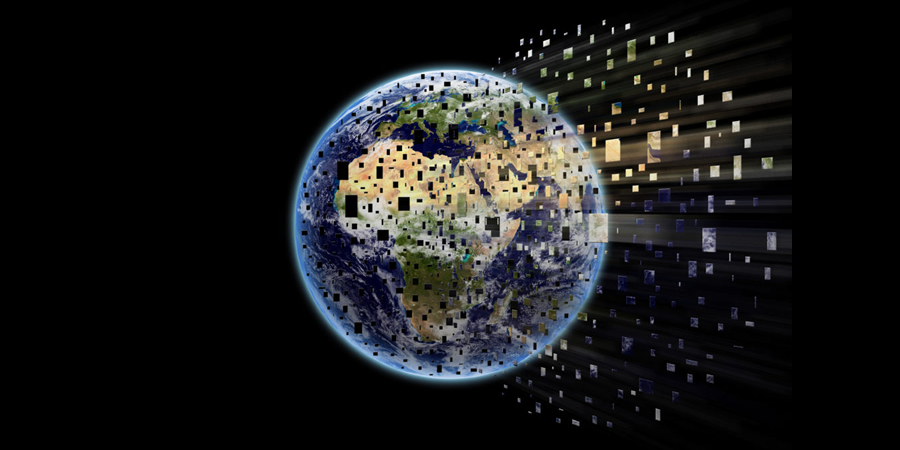Surging demand for bandwidth-intensive communication services during the COVID-19 pandemic has exposed the urgent need to bridge digital divides, according to a new OECD report.
In the wealthier countries of the world, access to computers and the internet has helped soften the blow of the pandemic by allowing people to work from home, making it easier for authorities to inform the public about the situation and the measures to be taken, and greatly helped researchers in the search for a vaccine, the report says.
But the existing digital divide has also been exacerbated by the pandemic, as poorer countries – as well as poorer regions within richer countries – are unable to keep up, and find themselves falling even further behind.
“Digital technologies have helped our economies and societies to avoid a complete standstill during the COVID-19 crisis… but the crisis has also accentuated our dependence on digital technologies and exposed the reality of the digital divides between and within countries, said OECD Deputy Secretary-General Ulrik Vestergaard Knudsen, adding that the world is at a turning point in its digital transformation.
After reporting increases in traffic of up to 60 percent in OECD countries since the start of the pandemic, the OECD has now revealed the gaps between and within countries in access to fast and reliable internet.
According to the report, the share of fiber in fixed broadband subscriptions in OECD countries ranges from 82 percent in Korea and 79 percent in Japan to below 5 percent in Austria, Belgium, Germany, Greece, Israel and the UK, with high-speed connections often sparse in rural areas.
In addition, OECD countries count roughly twice the level of high-speed mobile internet subscriptions per inhabitant and three times the level of fixed broadband subscriptions as non-OECD countries. “The shape of our economies and societies post-COVID will depend on how well we can progress and narrow these divides,” said Vestergaard.
However, the report also points out that surging demand for bandwidth-intensive communication services from e-commerce, teleworking, online social activities and increased cross-border collaboration by governments and academics should serve to spur further progress.











